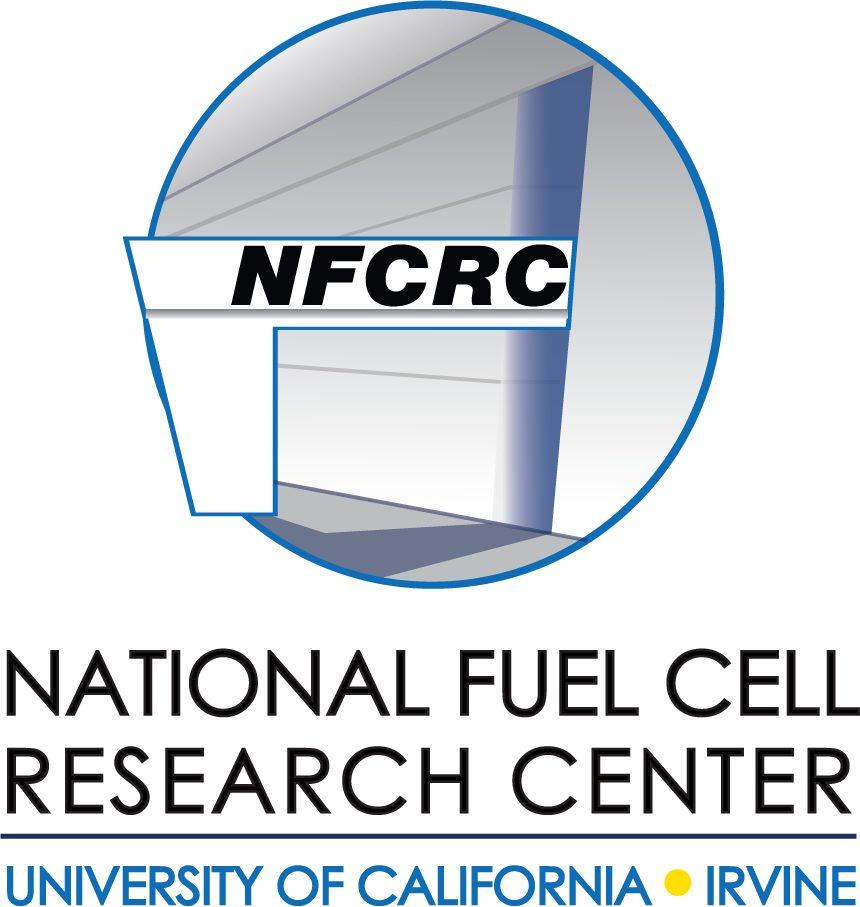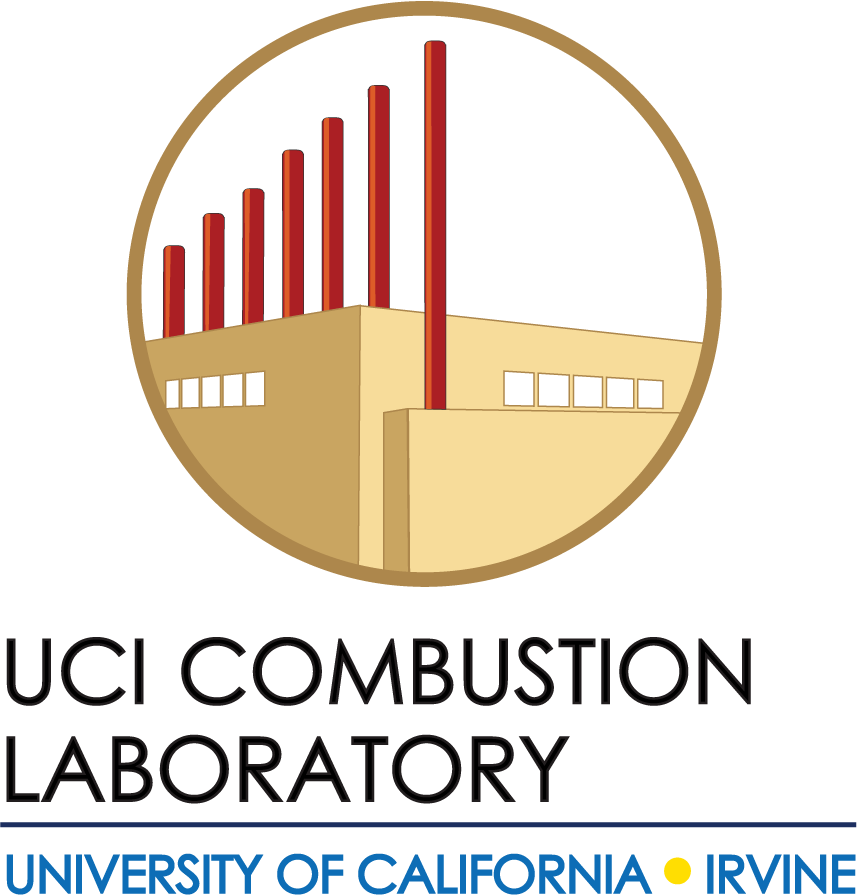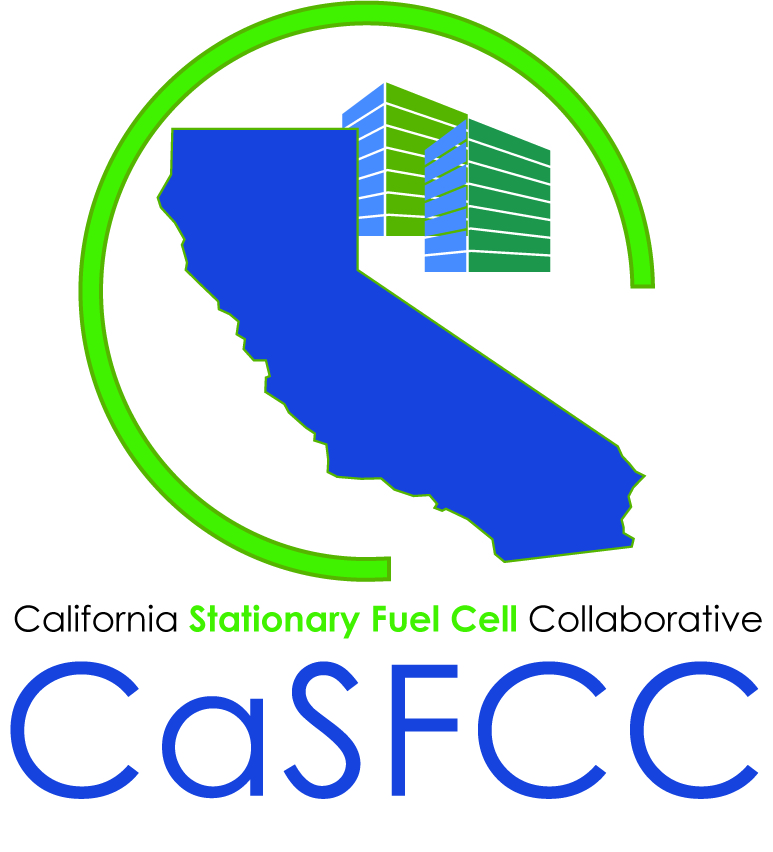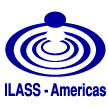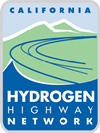The National Fuel Cell Research Center�s mission is to facilitate and accelerate the development and deployment of fuel cell technologies and fuel cell systems, promote strategic alliances that address market challenges associated with the installation and integration of fuel cell systems, and educate and develop resources for the various stakeholders in the fuel cell community.
The UCI Combustion Laboratory works to advance continuous combustion technologies. The lab maintains a focus on gas turbines and related technologies while researching challenging scientific issues leading to technical solutions. The UCICL forges a link between engineering science and real-world solutions utilizing strategic alliances among universities, industries, governmental agencies and national laboratories.
Founded in June 2001, the California Stationary Fuel Cell Collaborative is a public-private partnership working to advance the deployment of stationary fuel cells for power generation throughout the state of California. It is administered by the California Air Resources Board and co-chaired by the NFCRC director and the CARB chair.
APEP serves as the Secretariat for the Institute for Liquid Atomization and Spray Systems-Americas (ILASS-Americas), which was established in 1986 as an outgrowth of the International Conference on Liquid Atomization and Spray Systems. Like other ILASS bodies in Europe and Southeast Asia, ILASS-Americas is an organization of industry, agencies, and universities, all of which are engaged in professional activities connected with the spraying of liquids.
California Hydrogen Highway Network
The NFCRC operates the UC Irvine Hydrogen Fueling Station at Campus Drive and Jamboree Road. The station is capable of fueling hydrogen-powered fuel cell vehicles at both 350 bar (5,000 pounds per square inch) and 700 bar (10,000 pounds per square inch), making it one of the most technologically advanced hydrogen fueling stations in the world. The station is part of the California Hydrogen Highway Network.
The NFCRC operates the UC Irvine Hydrogen Fueling Station at Campus Drive and Jamboree Road. The station is capable of fueling hydrogen-powered fuel cell vehicles at both 350 bar (5,000 pounds per square inch) and 700 bar (10,000 pounds per square inch), making it one of the most technologically advanced hydrogen fueling stations in the world. The station is part of the California Hydrogen Highway Network.
